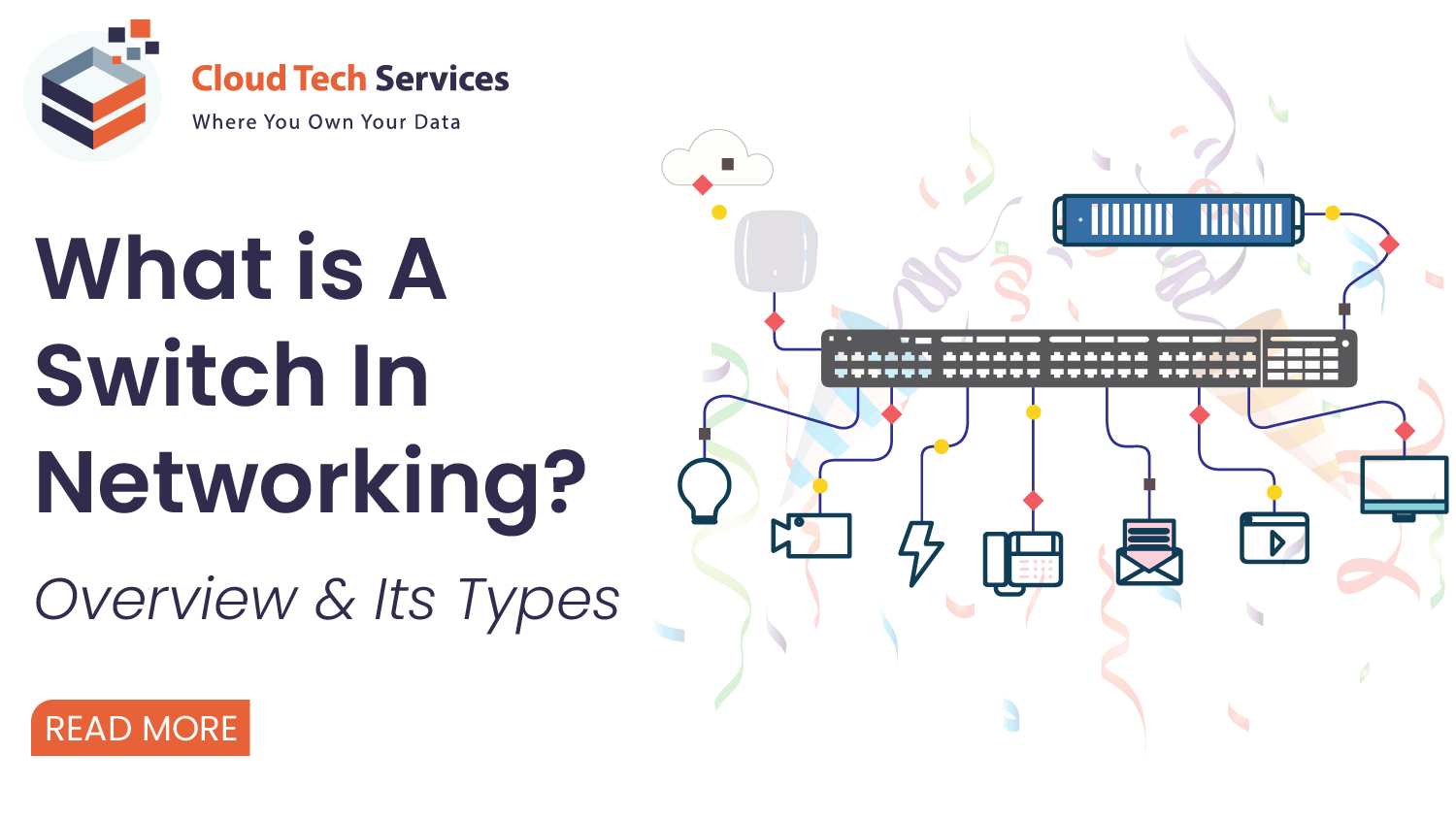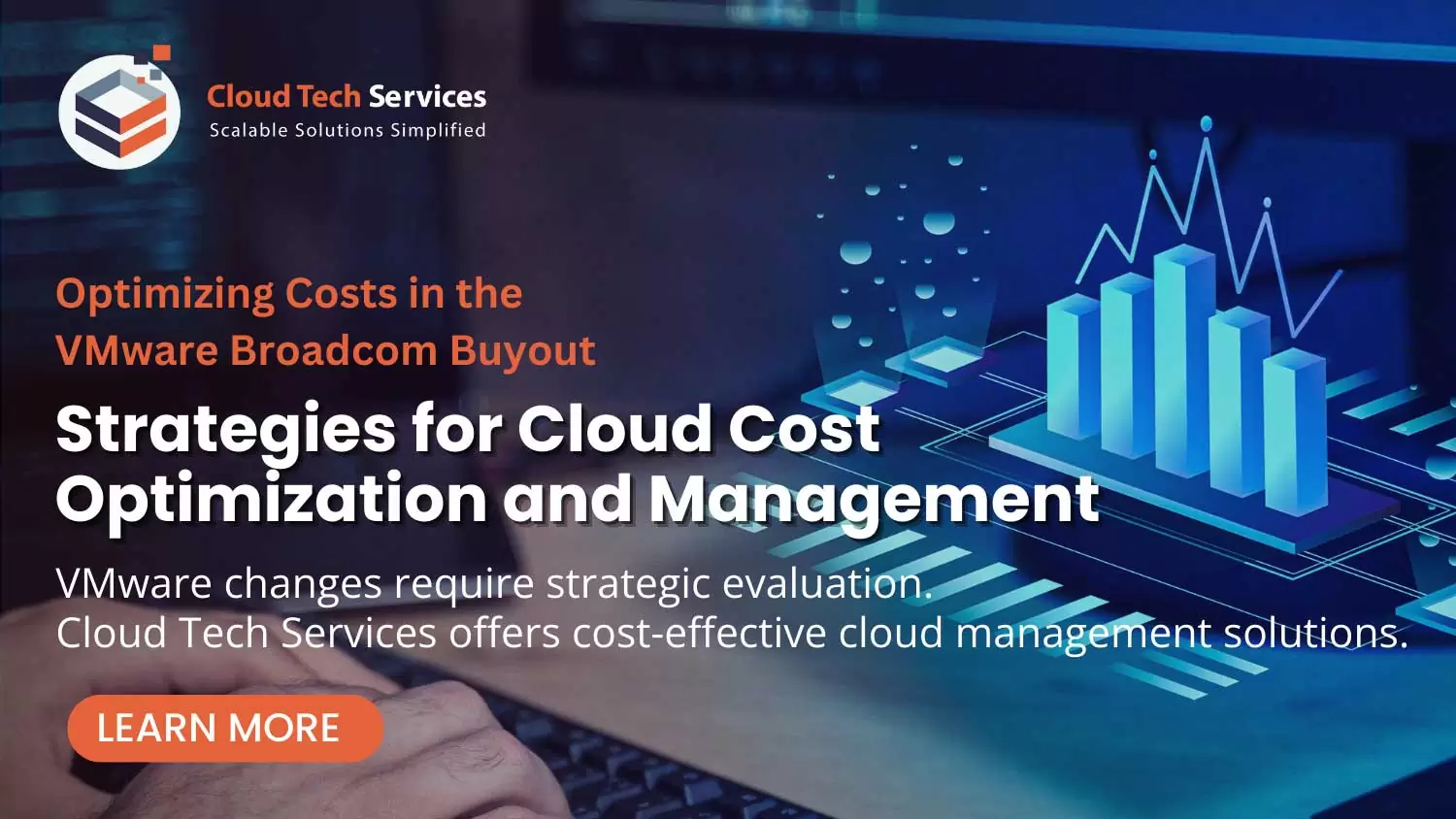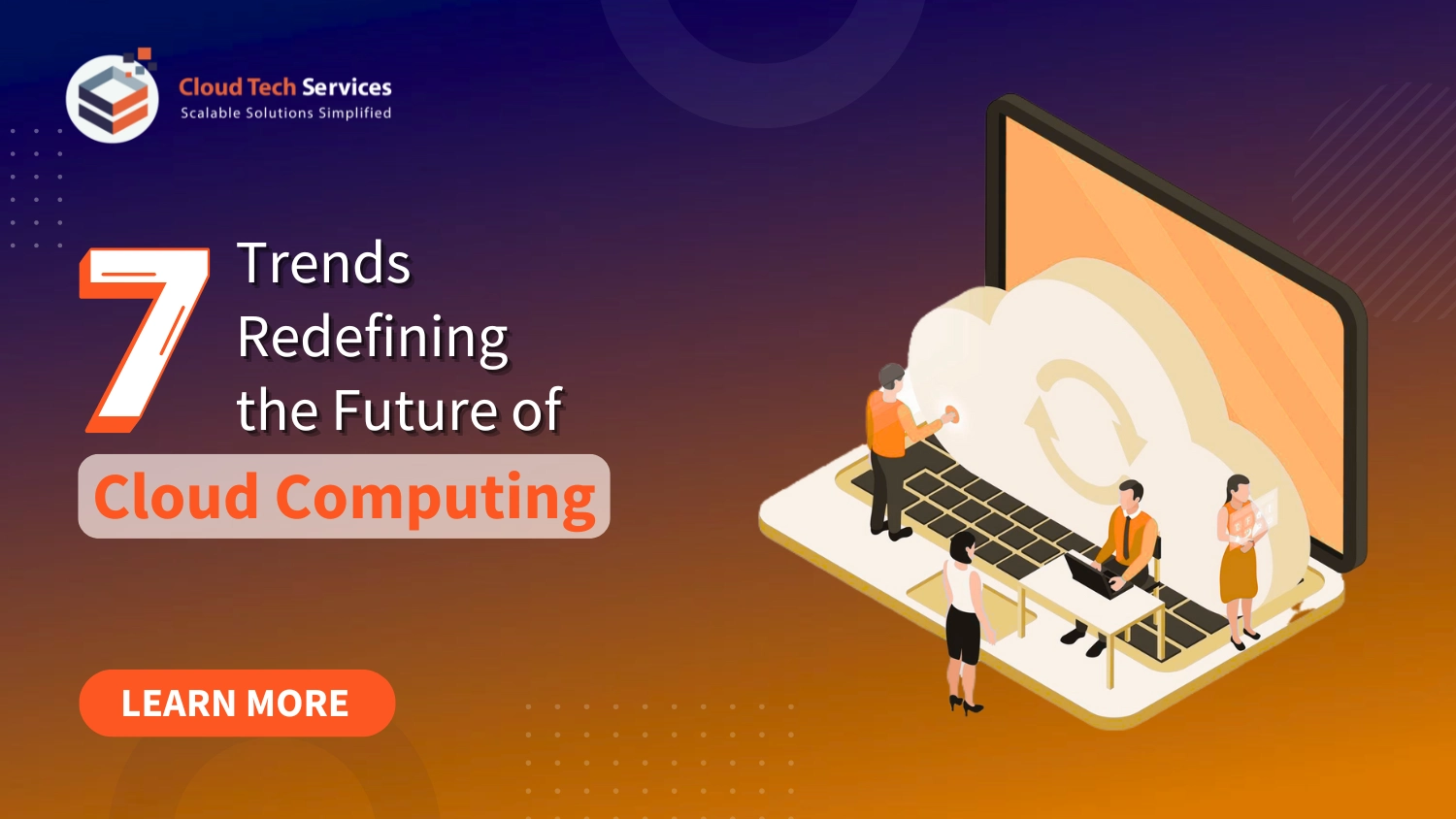7 Game-Changing Trends Shaping the Future of Cloud Computing
By 2025, nearly all enterprises are expected to rely on cloud computing to drive their operations. With cloud technology evolving rapidly, it’s crucial for businesses, whether new to cloud computing or seasoned in the industry, to stay ahead of the curve.
What is Cloud Computing?
Cloud computing is the backbone of modern business infrastructure, enabling companies to access resources like servers, storage, and applications over the internet. Instead of investing in costly on-premises hardware, businesses can rent these services from cloud providers, paying only for what they use. This flexibility makes cloud computing a game-changer in the digital era.
Why is Cloud Computing Important?
In today’s fast-paced market, the ability to scale operations quickly and efficiently is essential. Cloud computing provides this agility, allowing businesses to launch new services, expand into new markets, and respond to customer needs faster than ever. It also offers a cost-effective solution for managing IT resources, helping organizations reduce capital expenses while enhancing operational efficiency.
What are the Benefits of Cloud Computing?
Cloud computing brings a host of benefits:
- Cost Efficiency: Reduces the need for physical infrastructure, lowering maintenance costs.
- Scalability: Easily adjusts resources to meet changing demands.
- Accessibility: Access services and data from anywhere, at any time.
- Disaster Recovery: Provides reliable backup and recovery options.
- Innovation: Facilitates experimentation with new tools and technologies.
Emerging Cloud Computing Trends to Watch
As cloud technology continues to evolve, several key trends are emerging that every business should be aware of. Understanding these trends can help you make informed decisions about how to leverage cloud computing to stay competitive.
1. Edge Computing: Processing Data Closer to the Source
Edge computing transforms how data is processed and delivered by bringing processing closer to the source, such as IoT devices. This reduces latency, improves real-time data processing, and enhances overall performance, especially in industries like healthcare and manufacturing that require quick decision-making.
2. Sustainable Cloud: The Push for Greener Technology
With environmental sustainability becoming a priority, cloud providers are investing in green data centers and energy-efficient technologies. Sustainable cloud practices help reduce carbon footprints and align with corporate social responsibility goals, making them a critical trend in today’s business landscape.
3. AI & ML in Cloud Computing: Enhancing Innovation
The integration of Artificial Intelligence (AI) and Machine Learning (ML) into cloud platforms opens new avenues for innovation. These technologies enable businesses to automate processes, gain insights from vast amounts of data, and create more personalized customer experiences. As AI and ML capabilities grow, expect to see more cloud services incorporating these advanced technologies.
4. Multi-Cloud and Hybrid Cloud Computing: Flexibility and Optimization
Businesses are increasingly adopting multi-cloud and hybrid cloud strategies to optimize performance and avoid vendor lock-in. By distributing workloads across multiple cloud environments, companies can leverage the best features of each provider while minimizing risks. This approach also allows for greater flexibility in meeting compliance and security requirements.
5. Cloud Disaster Recovery and Backup: Ensuring Business Continuity
As businesses become more reliant on digital operations, the need for robust disaster recovery and backup solutions is more critical than ever. Cloud-based disaster recovery services offer scalable and cost-effective ways to protect data and ensure business continuity in the event of a disruption. This trend is set to grow as companies prioritize resilience in their IT strategies.
6. Growth of Serverless Computing: Simplifying Development
Serverless computing is gaining traction as a way to simplify application development. By eliminating the need to manage infrastructure, developers can focus on writing code and deploying applications faster.
According to research from Mordor Intelligence, the demand for serverless technologies is forecast to grow 22.6% between 2021 and 2026. This trend is particularly appealing to businesses looking to reduce costs and improve time-to-market for new products and services.
7. Kubernetes, Blockchain, and IoT: The Next Frontier
Kubernetes, a leading container orchestration platform, is becoming the standard for managing cloud-native applications. At the same time, blockchain technology is being explored for enhancing security and transparency in cloud environments. Additionally, the Internet of Things (IoT) is driving demand for cloud services that can manage and analyze data from billions of connected devices. These technologies are setting the stage for the next wave of cloud innovation.
Looking to stay ahead of the curve in cloud computing? Our cloud tech services can help you navigate these trends and leverage the latest technologies to transform your business. Learn more about our cloud solutions here.
What are the Challenges of Cloud Computing?
While cloud computing offers numerous advantages, it also presents challenges that businesses must address:
- Security: Protecting data in the cloud requires robust security measures.
- Compliance: Navigating regulatory requirements can be complex in a cloud environment.
- Cost Management: Unexpected costs can arise if cloud resources are not carefully managed.
- Vendor Lock-In: Relying too heavily on a single provider can limit flexibility.
- Performance: Network latency and outages can impact cloud service reliability.
Cloud Computing Architecture
Understanding cloud computing architecture is crucial for implementing a successful cloud strategy. This architecture typically involves three main components:
- Front-End: The client-side interface that interacts with cloud services (e.g., web browsers, mobile apps).
- Back-End: The cloud infrastructure, including servers, storage, and databases, managed by the cloud provider.
- Network: The internet or private network that connects the front-end and back-end components.
This architecture allows for seamless access to cloud resources, enabling businesses to scale and innovate with ease.
Preparing for the Future: The Impact of Cloud Computing Trends
Staying informed about the latest cloud computing trends is essential for businesses looking to future-proof their operations. Whether you’re interested in edge computing, sustainable cloud practices, or AI and ML, these trends are reshaping the cloud landscape and offering new opportunities for growth and innovation.
Ready to harness the power of these cloud trends for your business? Contact us today to explore how our cloud tech services can help you stay competitive in the digital era. Get in touch with our experts now.
Conclusion
Cloud computing is more than just a technology trend; it’s a fundamental shift in how businesses operate and innovate. By understanding and leveraging the latest cloud computing trends, you can position your business for success in an increasingly digital world. Whether you’re new to cloud computing or looking to expand your knowledge, these trends offer valuable insights into the future of cloud technology.
Explore our Cloud Tech Services to learn how we can help you navigate this dynamic landscape and achieve your business goals.















